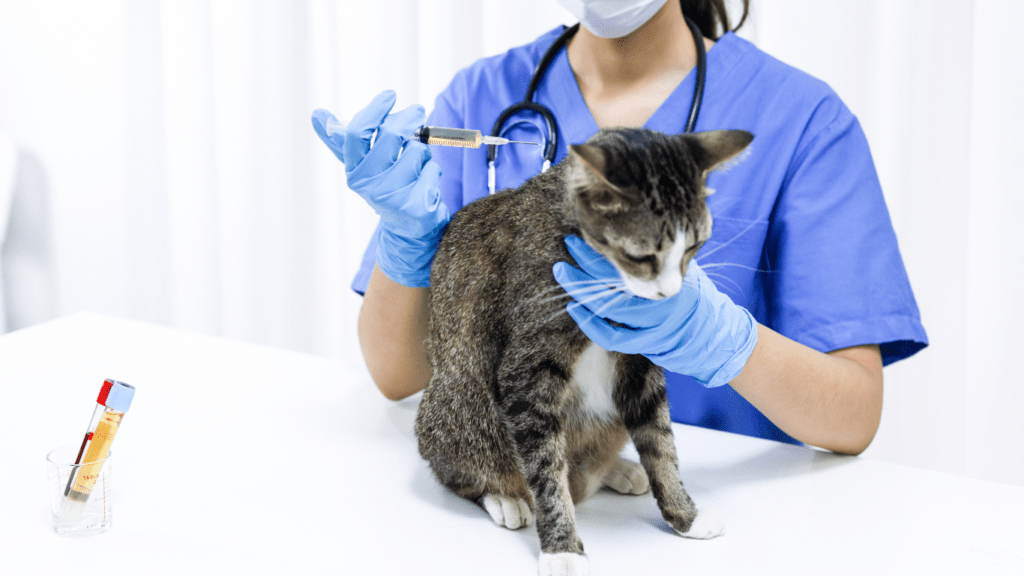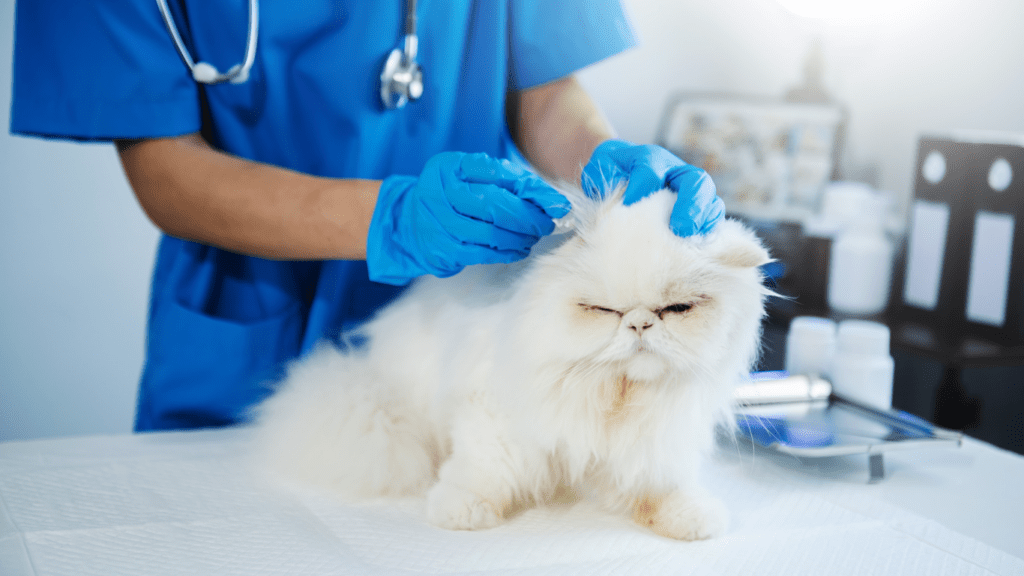Navigating the world of pet nutrition can be a daunting task, especially when your furry companion is dealing with a chronic health condition. As a pet owner, I understand the challenges of finding the right diet that not only meets their nutritional needs but also supports their specific health requirements. In this article, I’ll share valuable insights on the best diet practices tailored for pets facing chronic health conditions.
When it comes to managing chronic health issues in pets, diet plays a crucial role in their overall well-being. From specialized food formulas to homemade recipes, there are various dietary options available to help alleviate symptoms and improve their quality of life.
As I delve into the importance of proper nutrition for pets with chronic conditions, you’ll discover practical tips and recommendations to ensure your beloved companion thrives despite their health challenges.
Join me on this informative journey as we explore the top diet practices designed to enhance the health and happiness of pets battling chronic conditions. Together, we can empower ourselves with the knowledge needed to make informed decisions regarding our furry friends’ dietary needs.
Understanding Chronic Health Conditions in Pets
Chronic health conditions in pets are long-lasting and often require ongoing management to ensure the well-being of our furry companions. These conditions can vary from diabetes and kidney disease to allergies and arthritis, impacting their quality of life and overall health.
As a pet owner, I understand the importance of recognizing the signs and symptoms of these conditions early on to provide the necessary care and support for our beloved pets.
Pets with chronic health conditions may have specific dietary requirements tailored to their individual needs. It’s crucial to work closely with a veterinarian to develop a nutrition plan that addresses these requirements while considering any comorbidities or medication interactions.
Providing a balanced diet that supports their condition can help alleviate symptoms, improve their energy levels, and enhance their overall quality of life.
When crafting a diet for a pet with a chronic health condition, it’s essential to focus on high-quality ingredients that meet their nutritional needs. Look for pet food options that are specifically formulated for their condition, such as low-fat diets for pets with pancreatitis or joint support diets for pets with arthritis. Additionally, consider incorporating supplements recommended by your veterinarian to address any deficiencies and support their specific health concerns.
Monitoring your pet’s condition and dietary response is key to adjusting their diet as needed. Regular check-ups with the veterinarian can help track their progress, assess any changes in their health status, and modify their nutrition plan accordingly.
By staying proactive and observant, we can make informed decisions about our pets’ diet and care, ensuring they lead happy and healthy lives despite their chronic health challenges.
Importance of Tailored Diets for Pets with Chronic Health Conditions
In caring for pets with chronic health conditions, personalized diets play a vital role in their overall well-being. Whether managing diabetes, kidney disease, or gastrointestinal issues, tailored nutrition plans can significantly impact a pet’s health status.
Customized Diet Plans
- Generic pet food may not meet the needs of pets with chronic conditions, so working with a veterinarian to create a tailored diet plan is crucial.
- Tailoring the diet ensures pets receive the right nutrients for their health conditions, improving their quality of life and health outcomes.
Factors to Consider When Choosing a Diet for Pets with Chronic Health Conditions
Nutritional Requirements for Pets with Chronic Health Conditions
When selecting a diet for pets dealing with chronic health conditions, it is essential to understand their specific nutritional needs. For instance, pets with diabetes may require a diet low in carbohydrates to help manage blood sugar levels effectively.
On the other hand, pets with kidney disease might benefit from a diet that is low in phosphorus to support their kidney function. By identifying and addressing these unique nutritional requirements, pet owners can play a crucial role in supporting their pets’ overall health.
Dietary Restrictions for Pets with Chronic Health Conditions
Pets with chronic health conditions often have dietary restrictions that need to be carefully considered when choosing their food. For example, pets with gastrointestinal issues may require a diet that is easy to digest and gentle on their stomach.
In contrast, pets with food allergies may need a specialized diet that excludes specific ingredients triggering allergic reactions. Understanding and adhering to these dietary restrictions is vital in ensuring that pets with chronic health conditions receive optimal nutrition while managing their specific health concerns.
Best Diet Practices for Pets with Chronic Health Conditions
As I delve into the best diet practices for pets with chronic health conditions, it’s essential to highlight the critical role nutrition plays in managing these issues effectively. Tailored nutrition plans, created in collaboration with veterinarians, are pivotal in addressing conditions such as diabetes, kidney disease, and gastrointestinal problems.
By customizing diets based on age, weight, and activity level, pet owners ensure their furry companions receive the necessary nutrients while effectively managing their health conditions.
The personalized approach I advocate aims to enhance the quality of life and long-term health outcomes for pets struggling with chronic health issues. Understanding the specific nutritional requirements and dietary restrictions of pets with such conditions is crucial.
For instance, pets with diabetes benefit from low-carb diets, while those with kidney disease require low-phosphorus diets. Selecting easily digestible foods for pets dealing with gastrointestinal issues is also imperative. Additionally, excluding allergens from the diets of pets with food allergies is vital to ensuring optimal nutrition while managing their health concerns.


 As a dedicated helper in building Animal Potty Care, Bella MacCarthy brings her expertise in pet training and behavior management to the platform. Her hands-on experience with a variety of pets has equipped her with the skills to develop effective resources and solutions for pet owners. Bella plays a key role in curating content that helps pet owners navigate the challenges of potty training and behavioral issues, ensuring that the platform remains a valuable tool for improving the lives of pets and their owners.
As a dedicated helper in building Animal Potty Care, Bella MacCarthy brings her expertise in pet training and behavior management to the platform. Her hands-on experience with a variety of pets has equipped her with the skills to develop effective resources and solutions for pet owners. Bella plays a key role in curating content that helps pet owners navigate the challenges of potty training and behavioral issues, ensuring that the platform remains a valuable tool for improving the lives of pets and their owners.